WASHINGTON – Plunging into the Mideast peacemaker’s role that has defeated so many U.S. leaders, President Obama on Friday invited Israel and the Palestinians to try anew in face-to-face talks for a historic agreement to establish an independent Palestinian state and secure peace for Israel.
Negotiations shelved two years ago will resume Sept. 2 in Washington, Secretary of State Hillary Rodham Clinton said. Obama will host Israeli Prime Minister Benjamin Netanyahu and Palestinian President Mahmoud Abbas for dinner the night before.
The goal: a deal in a year’s time on the toughest issues that have sunk previous negotiations, including the borders of a new Palestinian state and the fate of disputed Jerusalem, claimed as a holy capital by both peoples.
“There have been difficulties in the past, there will be difficulties ahead,” Clinton said. “Without a doubt, we will hit more obstacles.”
Indeed, soon after Clinton’s announcement, the militant Hamas movement that controls the Gaza Strip, which along with the West Bank is supposed to be part of an eventual Palestinian state, rejected the talks, saying they were based on empty promises.
Winning agreement to at least restart the direct talks makes good on an Obama campaign promise to confront the festering conflict early in his presidency, instead of deferring the peace broker’s role as former President George W. Bush did.
Bringing the two sides to Washington for a symbolic handshake also will saddle Obama with one of the world’s most intractable problems just when many other things, from a jobless recovery to probable midterm election losses, are not going well.
“This is the Pottery Barn rule for Obama. He owns this now,” said Aaron David Miller, a scholar at the Woodrow Wilson Center who advised presidents during two decades of attempts at a Mideast settlement.
The breakthrough after a nearly two-year hiatus in face-to-face negotiations brings the two sides back to where they were when the last direct talks began in November 2007, near the end of the Bush administration. Those talks broke down after Israel’s 2008 military operation in Gaza, followed by Netanyahu’s election last year on a much tougher platform than his predecessor’s.
Friday’s announcement came after months of shuttle diplomacy by the Obama administration’s Mideast envoy, former Sen. George Mitchell. It also followed a period of chilly U.S. relations with Netanyahu, primarily over expansion of Jewish housing on disputed land.
Under the agreement, Obama will hold separate discussions with Netanyahu and Abbas on Sept. 1 and then host the dinner, which will also be attended by Egypt’s President Hosni Mubarak and Jordan’s King Abdullah II.
Egypt and Jordan already have peace deals with Israel and will play a crucial support role in the new talks. Also invited is former British Prime Minister Tony Blair, the special representative of the “Quartet” of Mideast peacemakers — the U.S., the U.N., the European Union and Russia.
On Sept. 2, Clinton will bring Abbas and Netanyahu together for the first formal round of direct talks since December 2008. At that point the parties will decide where and when to hold later rounds as well as lay out what is to be discussed. U.S. officials have said following rounds are likely to be held in Egypt.
In a choreographed sequence of events, Clinton’s announcement came as the Quartet simultaneously issued a statement backing direct talks and Netanyahu’s office quickly accepted the proposal.
“Reaching an agreement is a difficult challenge but is possible,” it said. “We are coming to the talks with a genuine desire to reach a peace agreement between the two peoples that will protect Israel’s national security interests, foremost of which is security.”
Abbas enters the talks politically weaker than when he negotiated with Netanyahu’s predecessor, Ehud Olmert, in 2007 and 2008.
A senior official in the Palestine Liberation Organization said the Abbas government had accepted the invitation after attending an emergency meeting of the body’s executive committee in Ramallah. Palestinian negotiator Saeb Erekat said he hoped the Quartet and others would work diligently to ensure the one-year timeframe was achieved and would press Israel to end “provocative acts.”
“We hope that the Israeli government would refrain from settlement activities, incursions, siege, closures and provocative acts like demolishing of homes, deporting people from Jerusalem in order to give this peace process the chance it deserves,” he said.
But in Gaza, Hamas spokesman Sami Abu Zuhri rejected the invitation.
“We … consider this invitation and the promises included in it empty, and it’s a new attempt to deceive the Palestinian people and international public opinion,” he said.
Abbas’ Palestinians had been balking at direct talks, saying not until Israel froze the construction of Jewish settlements. Israel had rejected that, saying it amounted to placing conditions on the negotiations, and had been demanding a separate invitation from the U.S. A temporary freeze on Israeli settlement activity in the West Bank is to expire Sept. 26.
Mitchell said the United States would step in when talks hit rough patches, offering proposals to bridge gaps “as necessary and appropriate.”
“We will be active participants,” he said.
It is not clear whether the United States would eventually draft its own peace plan or remain primarily a referee.
Send questions/comments to the editors.

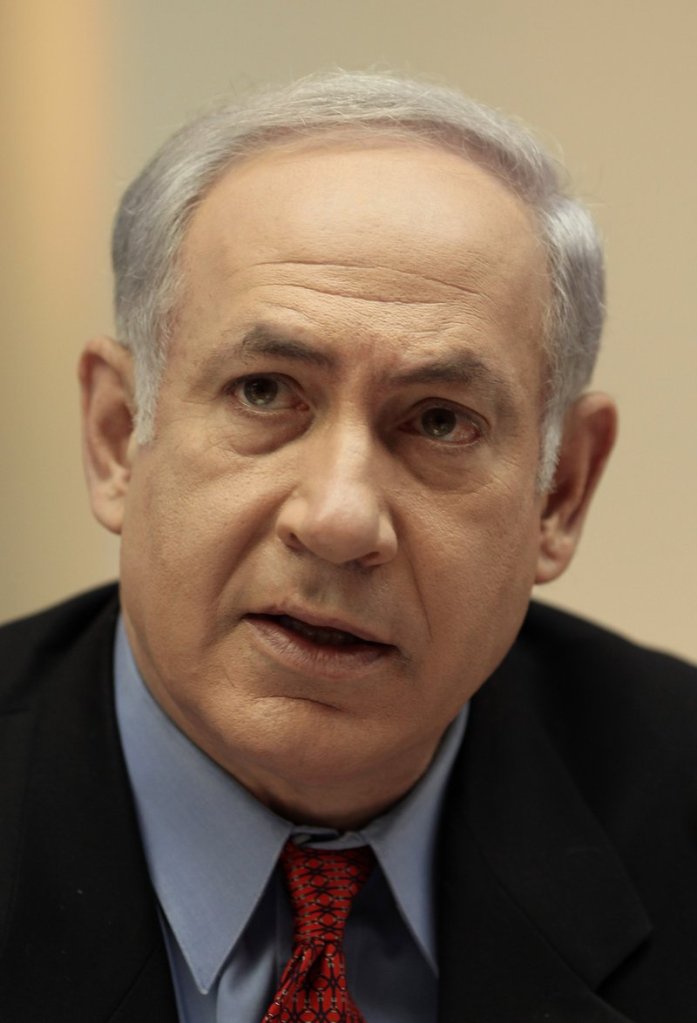
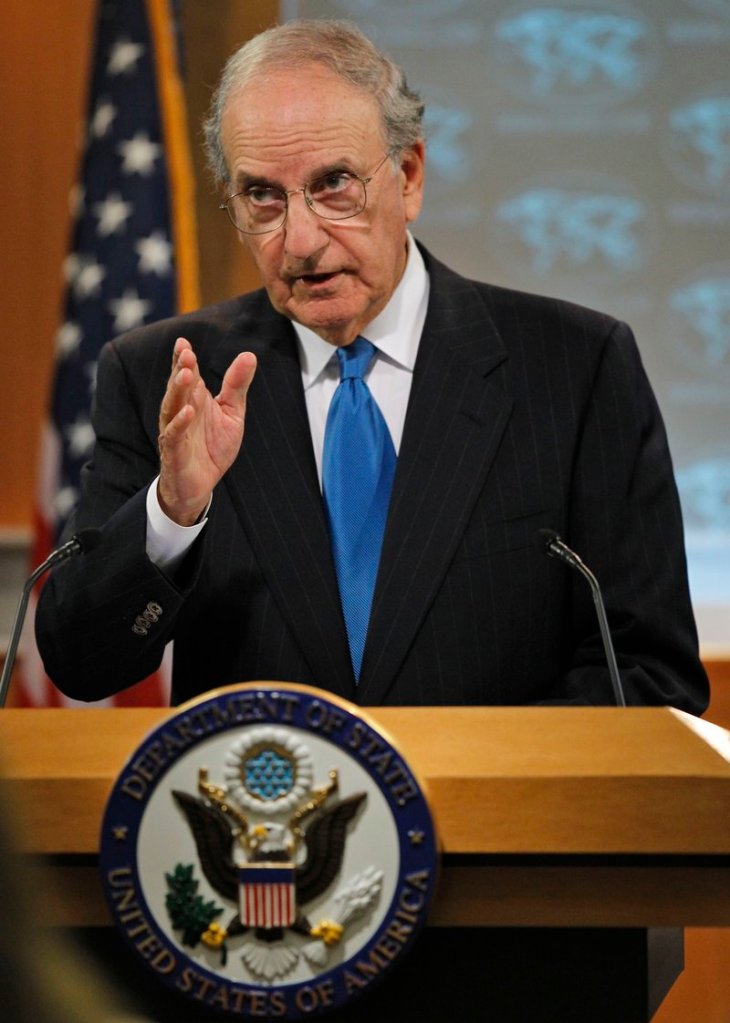
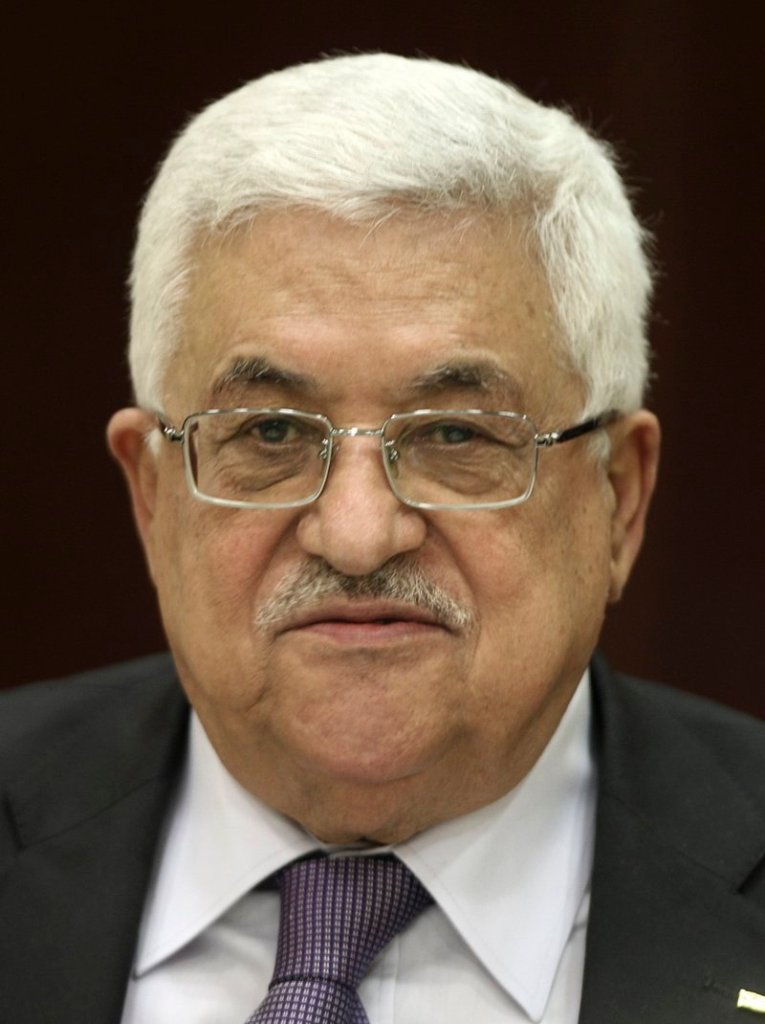
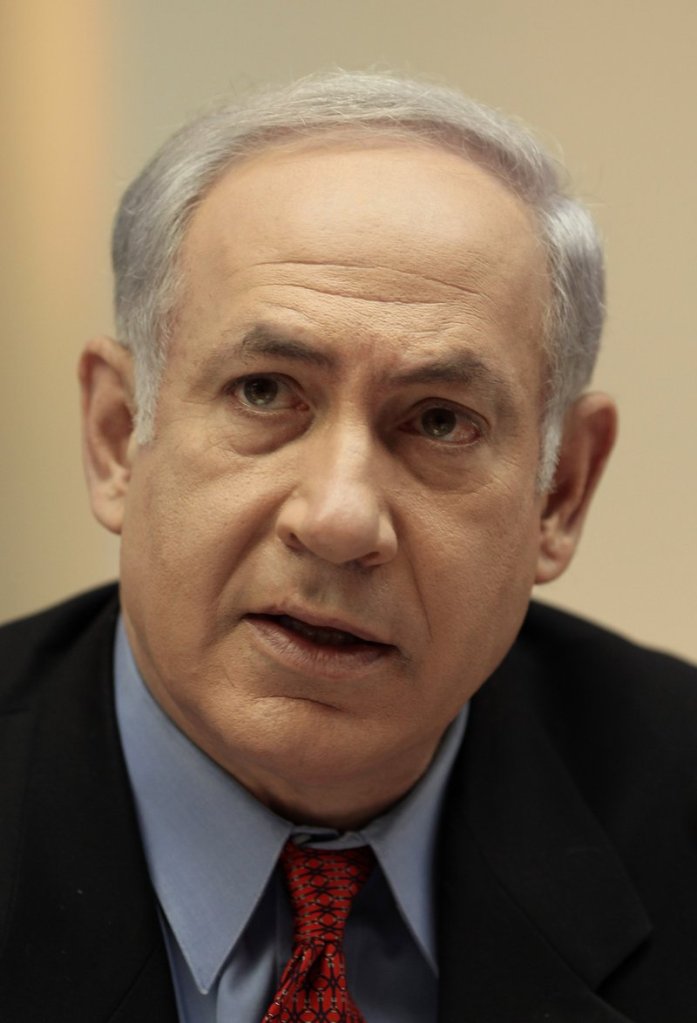
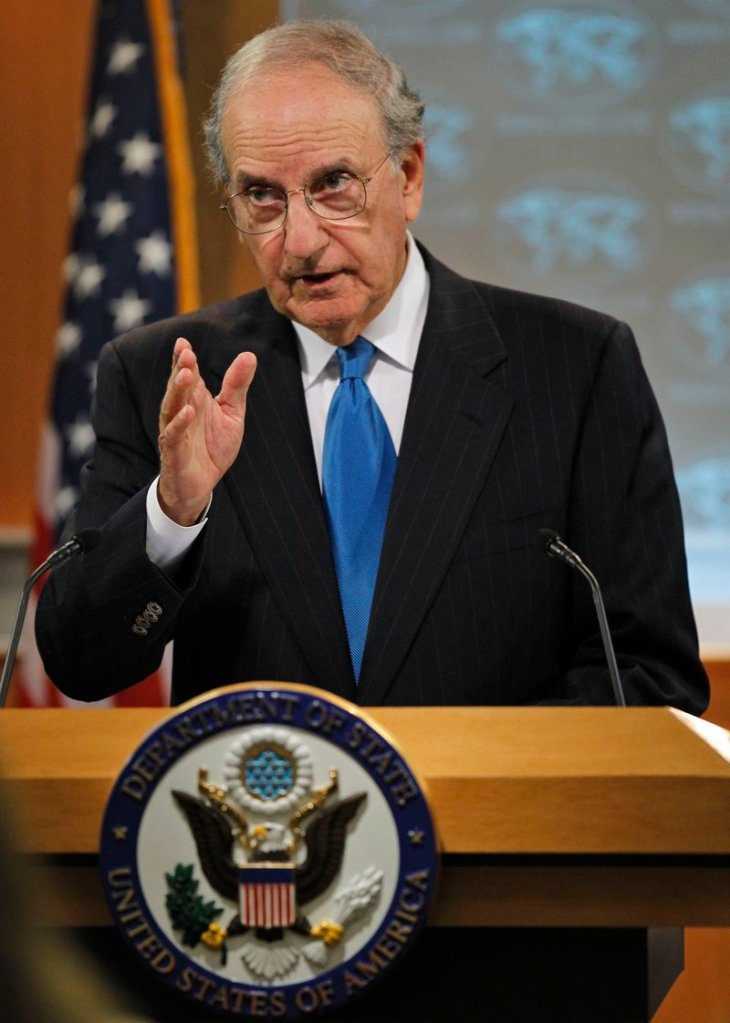
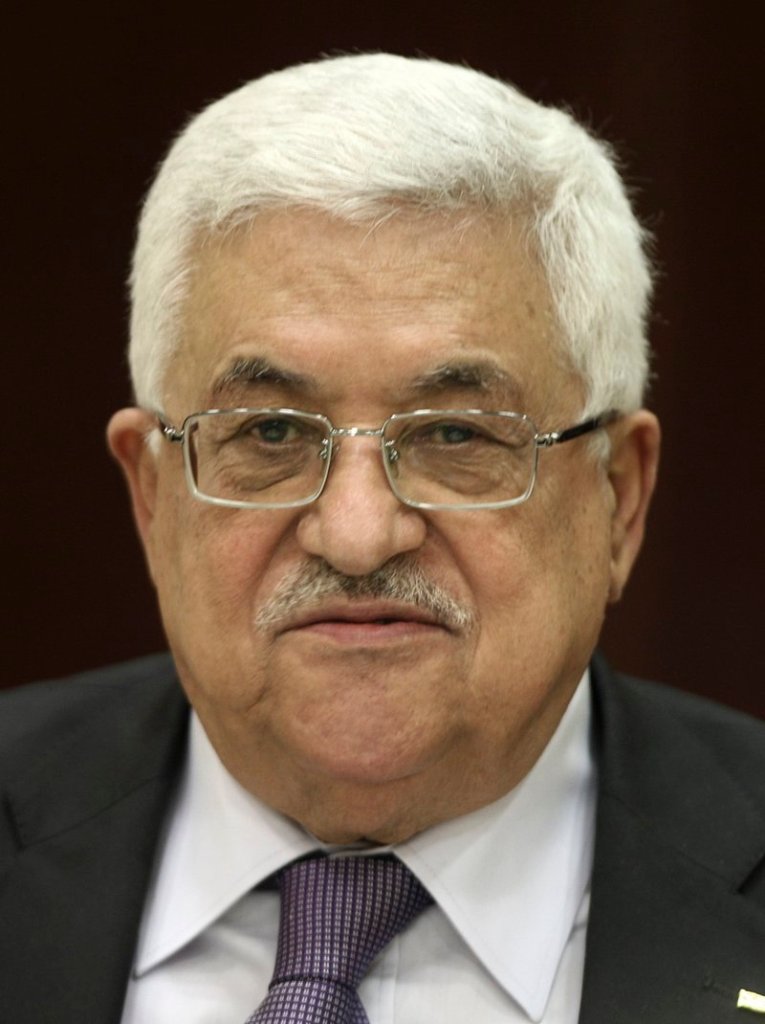

Success. Please wait for the page to reload. If the page does not reload within 5 seconds, please refresh the page.
Enter your email and password to access comments.
Hi, to comment on stories you must . This profile is in addition to your subscription and website login.
Already have a commenting profile? .
Invalid username/password.
Please check your email to confirm and complete your registration.
Only subscribers are eligible to post comments. Please subscribe or login first for digital access. Here’s why.
Use the form below to reset your password. When you've submitted your account email, we will send an email with a reset code.